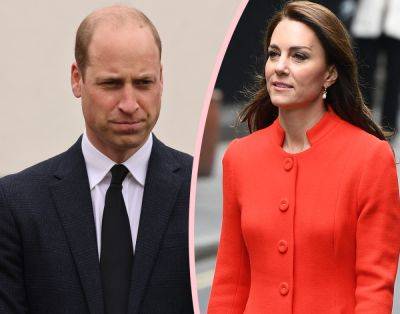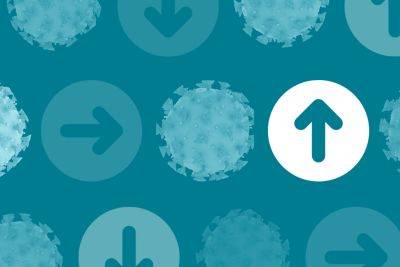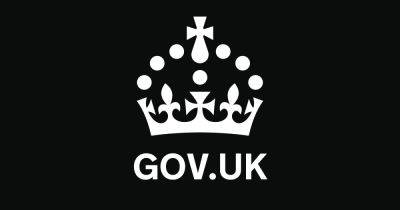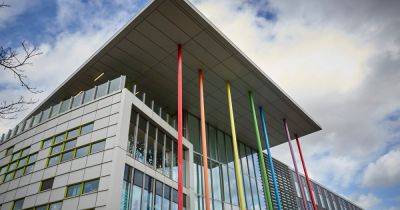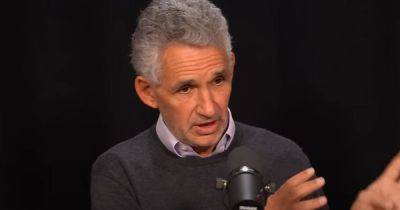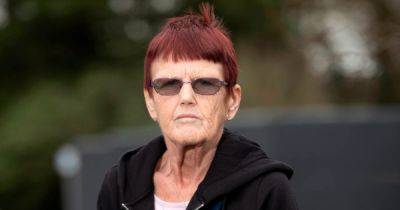Bon Jovi “doesn’t know” if he’ll tour after major surgery
Jon Bon Jovi has revealed that he is not sure whether he will be able to tour again after undergoing surgery on his vocal cords in 2022.This week, Bon Jovi announced details of their new album ‘Forever’ and shared the record’s lead single ‘Legendary’.
The album comes out on June 7 via EMI and you can pre-save/pre-order it here.However, due to his health challenges, the singer cannot yet confirm that he will be able to undergo a full tour to support the record’s release.In an interview with Mix 104.1 Boston, which you can see below, he said: “I don’t know about a tour.
It is my desire to do a tour next year, but I’m just still recovering from a major surgery.”“Although I’m well on the road to recovery and was able to take my time and do a song a day when I made the record, my need, want, desire is to be able to do two-and-a-half hours a night four nights a week for months on end.”“And so I’m working towards that goal.”The singer recently opened up about the surgery, saying a doctor in Philadelphia performed a procedure known as medialisation after one of his vocal cords was found to be atrophying.Speaking about the song in a recent interview, Bon Jovi revealed that the song is a tribute to his wife. “The brown-eyed girl, which of course is a Van Morrison nod, but not in this instance.
It’s my wife,” Bon Jovi explains. “She has been there faithfully throughout this process: ‘And the brown-eyed girl/ She believes in me / Legendary.‘ There it is.
Read more on nme.com












